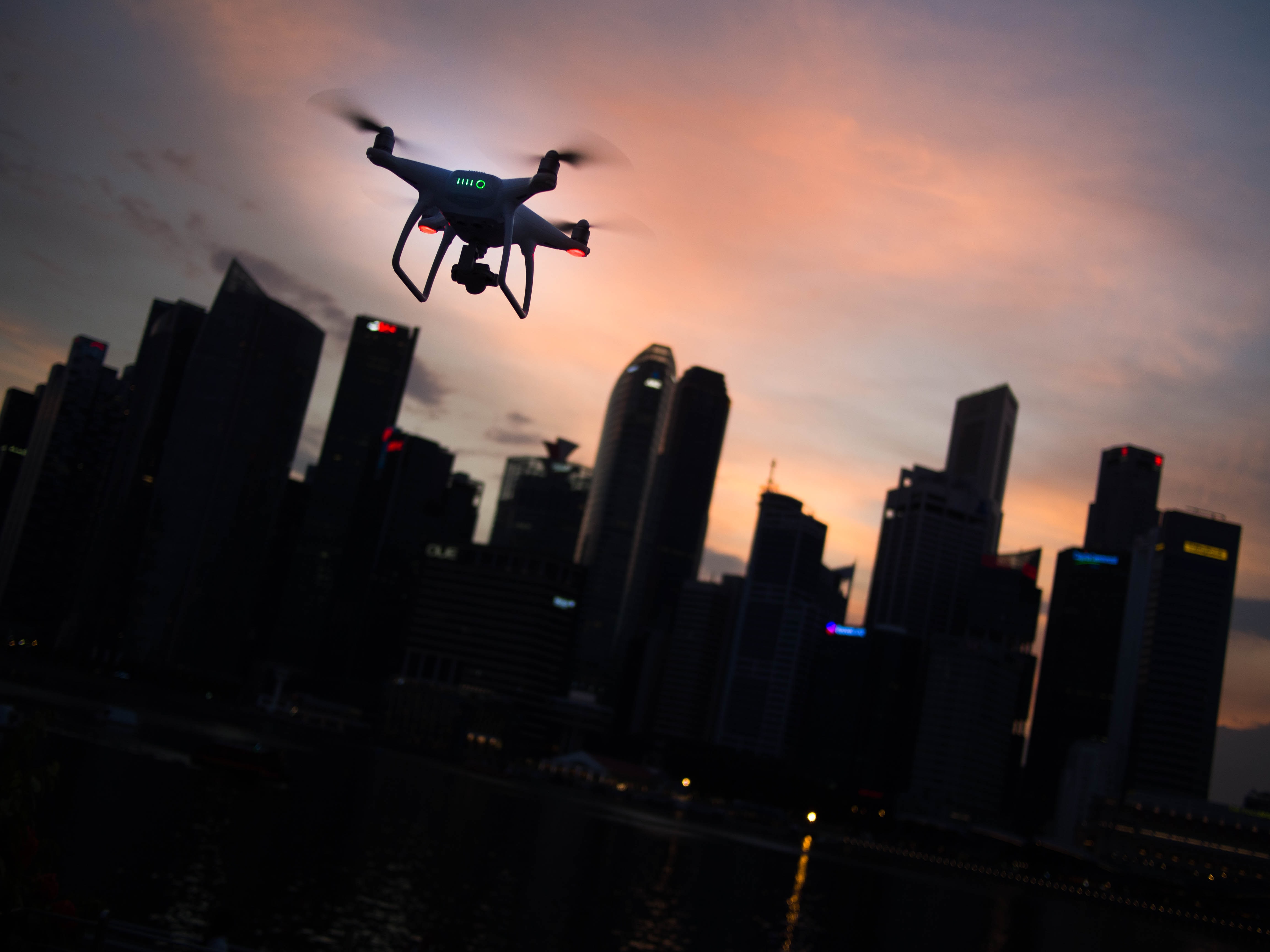Protecting drones from cyber attacks
A UNSW Canberra research team, led by Dr Elena Sitnikova, is supporting the Royal Australian Air Force (RAAF) to protect drones, also known as unmanned aerial vehicles (UAVs) from cyber attacks.
A UNSW Canberra research team, led by Dr Elena Sitnikova, is supporting the Royal Australian Air Force (RAAF) to protect drones, also known as unmanned aerial vehicles (UAVs) from cyber attacks.

A UNSW Canberra research team, led by Dr Elena Sitnikova, is supporting the Royal Australian Air Force (RAAF) to protect drones, also known as unmanned aerial vehicles (UAVs) from cyber attacks.
Dr Sitnikova focused on innovative ways of monitoring UAV networks and detecting cyber threats during her Spitfire Defence Memorial Fellowship, an annual award for developing defence technology.
UAVs equipped with cameras are already being used for aerial viewing in agriculture, mining, building, and marine science, as well as in critical life-threatening situations such as sea rescues and bushfires.
Dr Sitnikova’s project is helping the RAAF cyber security team to protect networks, data and information systems against advanced cyber-attack scenarios.
“If drone networks are hacked, there are many threats,” Dr Sitnikova explained.
“Illegal reconnaissance allows scanning and probing of networks to collect information and execute malicious payloads to steal or corrupt UAV networks.”
“Fake data flooding exploits and corrupts drones (UAVs) and their networks through Denial-of-Service (DoS) and Distributed-Denial-of-Service (DDoS) attacks.”
“Both kinds of activities pose serious threats to Australia’s air-force defence networks, so we need to address these challenges to protect UAV systems and their networks.”
Dr Sitnikova’s research addressed illegal reconnaissance and fake data flooding possibilities by developing an intelligent UAV distribution anomaly detection (UAV-DAD) framework for discovering cyber threats against UAV networks.
A new UAV dataset from research experiments enables the design of resilient anomaly detection to protect real UAV networks and discover sophisticated attacks in real time.

2018 Spitfire Fellowship recipient Dr Elena Sitnikova with 2019 recipient Dr Nour Moustafa.
“The proposed framework can be deployed in real UAV networks and refined to achieve even better accuracy,” Dr Sitnikova said.
Dr Sitnikova was awarded the $30,000 Spitfire Fellowship in 2018.
Presented annually by the Governor-General at Government House in Canberra, the Fellowship was conceived by pilots of the RAAF 457 Squadron in 1998.
Serving as a living memorial of the sacrifices made by Spitfire pilots and crew in WWII, the Fellowship was developed to support the breakthrough technologies that can save lives and protect Australia’s servicemen and women.
Dr Sitnikova’s work will continue through her colleague Dr Nour Moustafa, who received the 2020 Spitfire Defence Memorial Defence Fellowship in December.